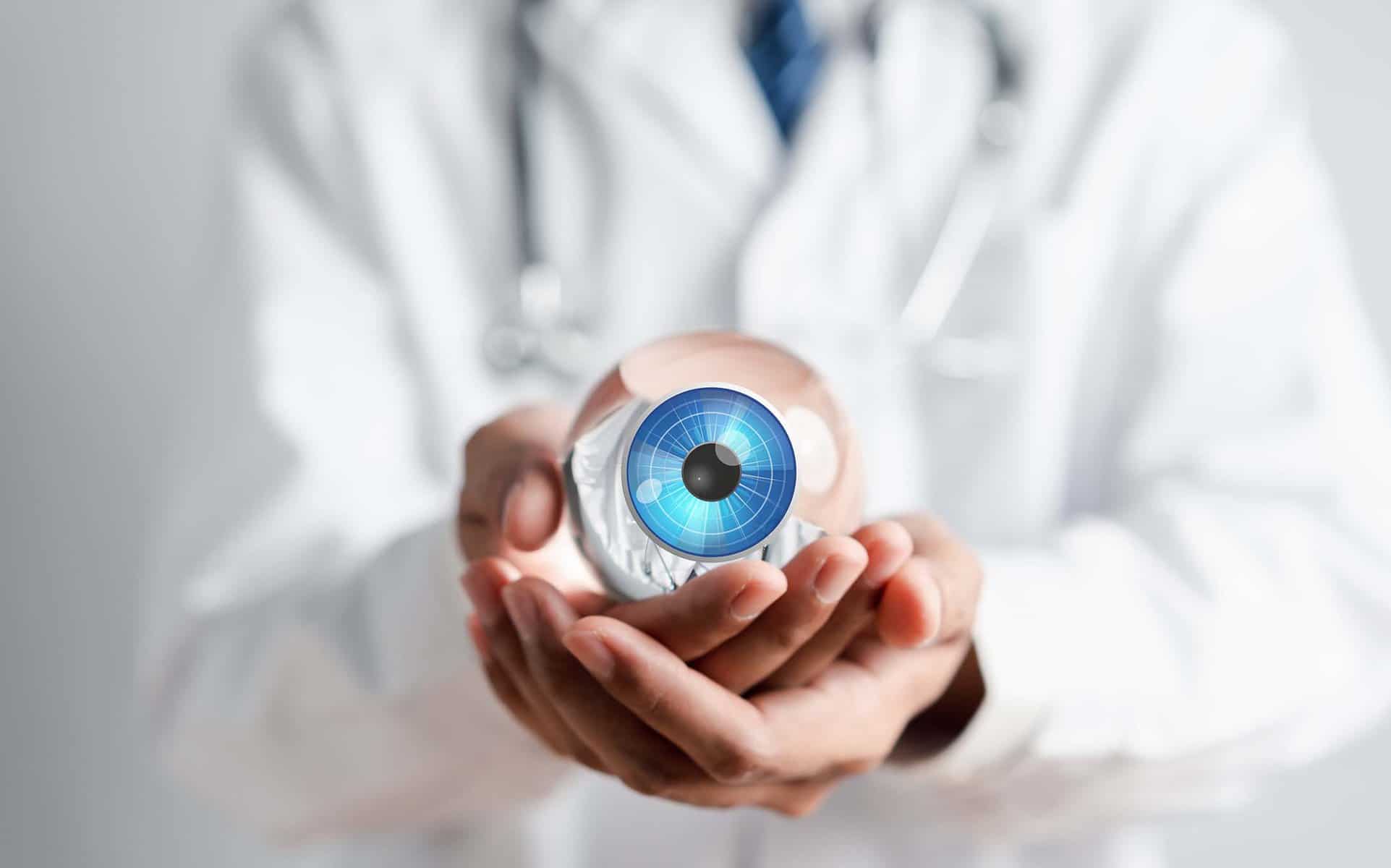Vision is a crucial aspect of our daily lives; from reading and driving to recognising faces and places. Regular eye check‑ups are essential as early symptoms can be subtle but may lead to long‑term problems if ignored. A delay in seeking care at a private eye clinic may mean missing the chance to treat conditions early and preserve your sight when they are most manageable.
Why Eye Health Should Never Be Ignored
Your eyes are windows to your overall health and any disruption to vision can impact work performance, mobility, safety and quality of life. Delaying diagnosis of conditions such as glaucoma cataracts or diabetic retinopathy may lead to irreversible damage.
The Role of Early Detection
Early detection allows for timely treatment interventions aimed at preventing or slowing disease progression. In many cases, identifying issues early can maintain vision function and reduce the need for invasive measures later on.
Common Causes of Eye Issues
Vision problems have many causes. Age related wear and tear covers one end of the spectrum, while infection and injury can affect anyone. Underlying health conditions including diabetes, high blood pressure or autoimmune disorders may also manifest first through eye symptoms. That is why qualified eye specialists are able to detect more than just visual acuity concerns.
Key Symptoms That Warrant a Specialist Visit
These are the most common warning signs people often overlook:
Persistent Blurry or Double Vision
If blurred or double vision doesn’t resolve with blinking or simple glasses, it may indicate issues such as cataracts, macular degeneration or neurological conditions that require specialist investigation.
Frequent Headaches or Eye Strain
Regular headaches (especially when reading, using screens or driving in poor light) may suggest uncorrected vision problems or conditions such as binocular vision imbalance or neuromuscular issues requiring assessment.
Sudden Changes in Vision or Eye Pain
Sudden onset of vision changes, eye pain or redness could signal serious conditions such as acute glaucoma uveitis or infection. These require immediate attention by an eye specialist.
Difficulty Seeing at Night or in Low Light
Difficulty adapting to dim light or noticeable night vision trouble may indicate early cataracts, vitamin A deficiency or retinal degeneration. These symptoms often precede visible changes during daytime vision.
Increased Sensitivity to Light
Light sensitivity or photophobia can be a sign of eye strain, inflammation, infection or neurological issues such as migraine. A specialist assessment can help pinpoint the cause.
Flashes, Floaters, or Black Spots
Seeing flashes or floaters or a sudden appearance of a shadow or “curtain” over your vision may indicate retinal detachment or tear. These should be treated as an emergency with prompt referral to an eye specialist.

Signs in Children and Older Adults
In Children – Squinting, Poor School Performance and Eye Rubbing
Children who squint excessively, rub their eyes or show poor school performance due to vision problems may be struggling to see the board or read. Early detection of conditions such as amblyopia or refractive errors is crucial before permanent vision loss occurs.
In Older Adults – Glaucoma, Cataracts and Age Related Degeneration
Older adults are at higher risk of developing glaucoma cataracts, macular degeneration or diabetic eye disease. Regular screenings can detect changes early, allowing treatment to preserve independence and reduce complications.
Conditions That Require Specialist Care
Here are what optometrists and ophthalmologists typically treat:
Glaucoma and Retinal Disorders
Glaucoma often develops without noticeable symptoms but can cause irreversible optic nerve damage if untreated. Retinal disorders such as macular degeneration, diabetic retinopathy or retinal detachment may cause permanent vision loss when not treated promptly by eye specialists.
Chronic Dry Eyes or Eye Infections
Persistent dry eye syndrome, chronic inflammation or frequent infections need more than standard eye drops. Eye specialists will investigate underlying causes to prescribe appropriate treatment and manage complications such as corneal damage or vision clouding.
Vision Loss Linked to Diabetes or Hypertension
Diabetes and high blood pressure can cause severe eye complications. A private eye clinic can closely monitor retinal health to ensure early treatment and coordinate with medical teams that optimise both eye and overall wellbeing.
What to Expect During Your Appointment
A visit to a private eye clinic typically involves a thorough eye history and assessment of vision sharpness. Tests may include slit lamp examination, retina imaging, intraocular pressure checks and visual field testing. If issues are found, referrals may follow for advanced treatment or surgery including laser or injectables.
Finding a Trusted Eye Specialist Near You
When choosing an eye specialist, consider verifying their professional qualifications, experience and reputation through reviews or referrals. Check that the clinic offers prompt appointments, flexible scheduling, a convenient location and integrated follow‑up care. A reputable private eye clinic should also liaise with your GP or medical team as needed.
Don’t Wait on Eye Health
If you experience blurred vision, persistent headaches, double vision, eye pain, discomfort or visual disturbances such as flashes, floaters or shadows, you should seek assessment immediately. Early identification and timely intervention at our private eye clinic protects your vision, preserves your quality of life and prevents serious complications.
Book your appointment today and take the first step towards protecting your sight.


